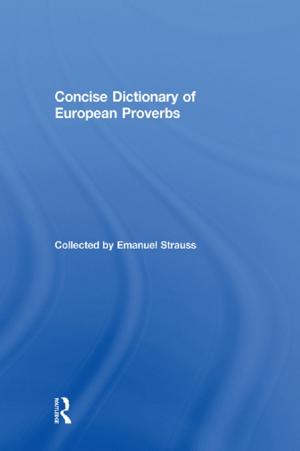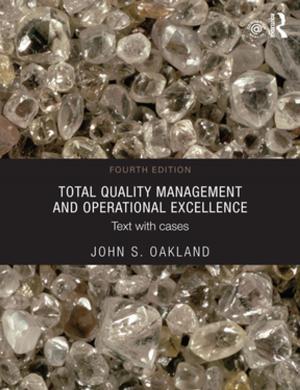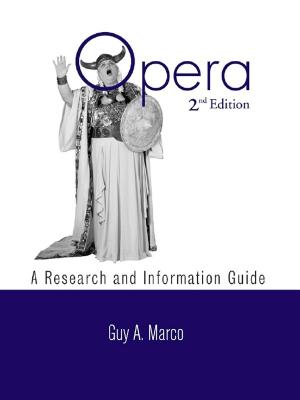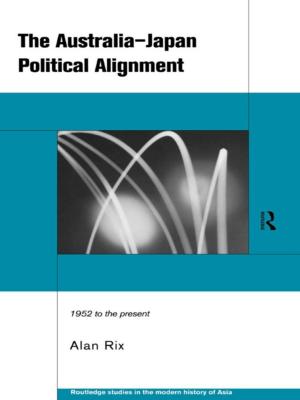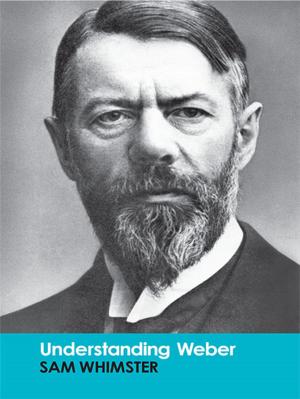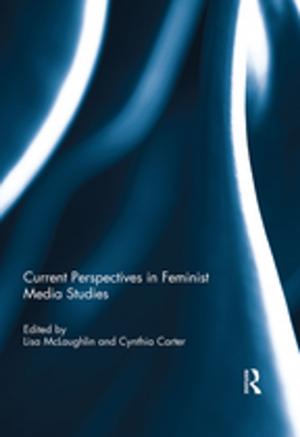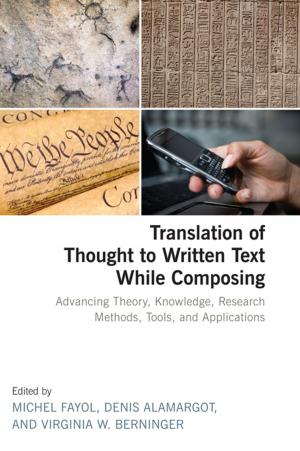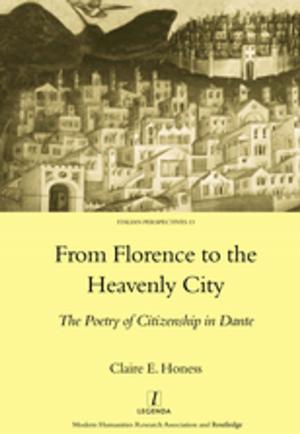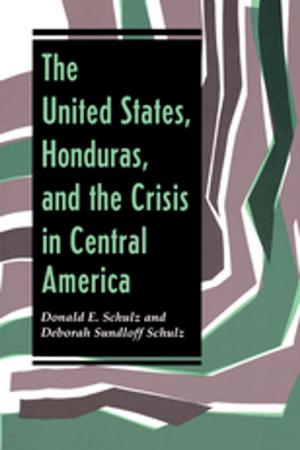'Integration through Law' Revisited
The Making of the European Polity
Nonfiction, Reference & Language, Law, Jurisprudence| Author: | ISBN: | 9781317115205 | |
| Publisher: | Taylor and Francis | Publication: | May 23, 2016 |
| Imprint: | Routledge | Language: | English |
| Author: | |
| ISBN: | 9781317115205 |
| Publisher: | Taylor and Francis |
| Publication: | May 23, 2016 |
| Imprint: | Routledge |
| Language: | English |
Over the last twenty years, processes of pluralization, differentiation and trans-nationalization in the European Union have arguably challenged the centrality of law to European integration. Yet these developments also present opportunities to investigate new understandings of law triggered by European integration. The contributors to this book revisit one of the first academic projects to conceptualise and study European legal integration - the early 'Integration through Law' School. On this basis, they consider continuities and discontinuities in the underlying social and political landscape which the law is to integrate (the 'object' of integration), the forms and capacities of the law itself (the 'agent' of integration), and the way these two dimensions reflect on each other. Displaying different normative concerns and varied theoretical starting points, all contributors maintain that 'integration through law' remains of enduring significance to the European integration process. The volume provides a valuable reference for scholars in the field of European integration studies and European legal and political theory.
Over the last twenty years, processes of pluralization, differentiation and trans-nationalization in the European Union have arguably challenged the centrality of law to European integration. Yet these developments also present opportunities to investigate new understandings of law triggered by European integration. The contributors to this book revisit one of the first academic projects to conceptualise and study European legal integration - the early 'Integration through Law' School. On this basis, they consider continuities and discontinuities in the underlying social and political landscape which the law is to integrate (the 'object' of integration), the forms and capacities of the law itself (the 'agent' of integration), and the way these two dimensions reflect on each other. Displaying different normative concerns and varied theoretical starting points, all contributors maintain that 'integration through law' remains of enduring significance to the European integration process. The volume provides a valuable reference for scholars in the field of European integration studies and European legal and political theory.

